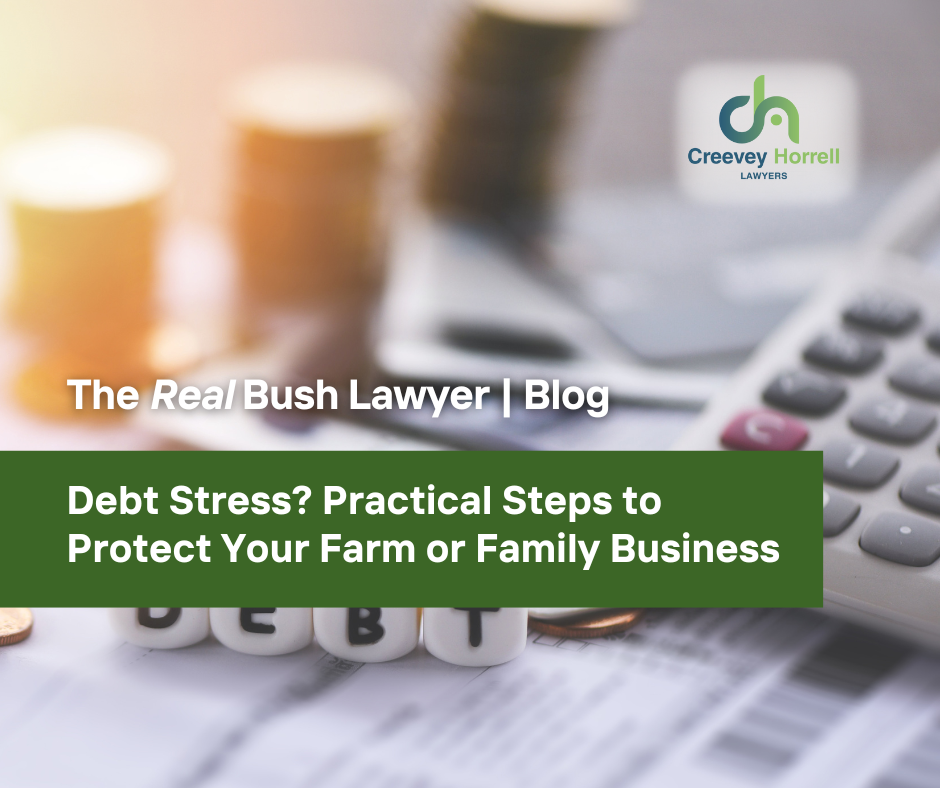MONEY LAUNDERING | CONCEALING THE PROCEEDS OF CRIME
- yyong59
- Jul 13, 2022
- 2 min read
The Consequences of Money Laundering in Queensland | Criminal Law

When criminal activity forges substantial earnings, the money made must then be cleaned of its’ unlawful origins before it can be of use.
This act of ‘cleaning dirty money’ is called money laundering – when the proceeds of crime are disguised as legitimate income.
Illicit profits are usually formed through illegal activities such as fraud, theft, drug trafficking, people smuggling and tax evasion.
Defining Proceeds of Crime
The term ‘proceeds of crime’ is used in areas of the law when these offences are committed, in reference to any money or property gained from criminal activity.
Any assets attributed to the proceeds of crime can be confiscated. This is a legal action made in the effort to reduce the profitability of crime across Australia.
Why launder money?
People who conduct these illegal activities and generate income must first launder the money for it to be useable. The act of laundering money works to mask the true origin of these funds, making them appear to have arisen from a legitimate source. Further, money laundering in the eyes of criminals can reduce the possibility of prosecution.
How is money laundered?
The complexity of a money laundering scheme will vary from case to case. It can even be as simple as gambling or purchasing an asset in another name.
Further examples of money laundering can include:
• Making various ongoing bank deposits or transfers; or • Funnelling money through the front of a false business.
Money Laundering and The Law
Money laundering is outlined as a crime in the Criminal Proceeds Confiscation Act 2002 – Section 250, as it states:
(1) A person who engages in money laundering commits a crime.
The definition of ‘engaging in money laundering’ is also provided in subsection 2, stating:
(2) A person engages in money laundering if the person knowingly or recklessly—
(a) engages, directly or indirectly, in a transaction involving money or other property that is tainted property; or
(b) receives, possesses, disposes of or brings into Queensland money or other property that is tainted property; or
(c) conceals or disguises the source, existence, nature, location, ownership or control of tainted property.
The Consequences of Money Laundering
Money laundering is a serious crime that carries high penalties and bitter consequences.
As outlined in the Criminal Proceeds Confiscation Act 2002 – Sect 250, the maximum penalty for money laundering can be either:
(a) 3,000 penalty units or 20 years imprisonment for knowingly engaging in money laundering; or
(b) 1,500 penalty units or 10 years imprisonment for recklessly engaging in money laundering.
Legal Representation for Criminal Offences
If you are facing a criminal charge, it is highly advised for you to seek legal assistance during this time.
First Class Criminal Law Services in Brisbane, Toowoomba and Roma.
With over 50+ years of experience in Criminal Law, Creevey Russel Lawyers regularly appear in magistrate, district and supreme courts across Queensland for pleas of guilty and trials.
We’re here for you. For around the clock service, please do not hesitate to contact our 24/7 Crime Hotline on 1800-CRIME-LAW (1800 2746 3529). Giving you the representation you need and deserve.




.png)




For players seeking quality gaming without breaking the bank, low deposit casino nz platforms are a perfect choice. These casinos allow you to start your gaming journey with minimal financial commitment while still offering top-notch games and exciting bonuses. Whether you enjoy spinning the reels or playing table games, these low deposit casinos deliver maximum entertainment. Explore how you can enjoy premium gaming without a hefty investment and find a casino tailored to your preferences.